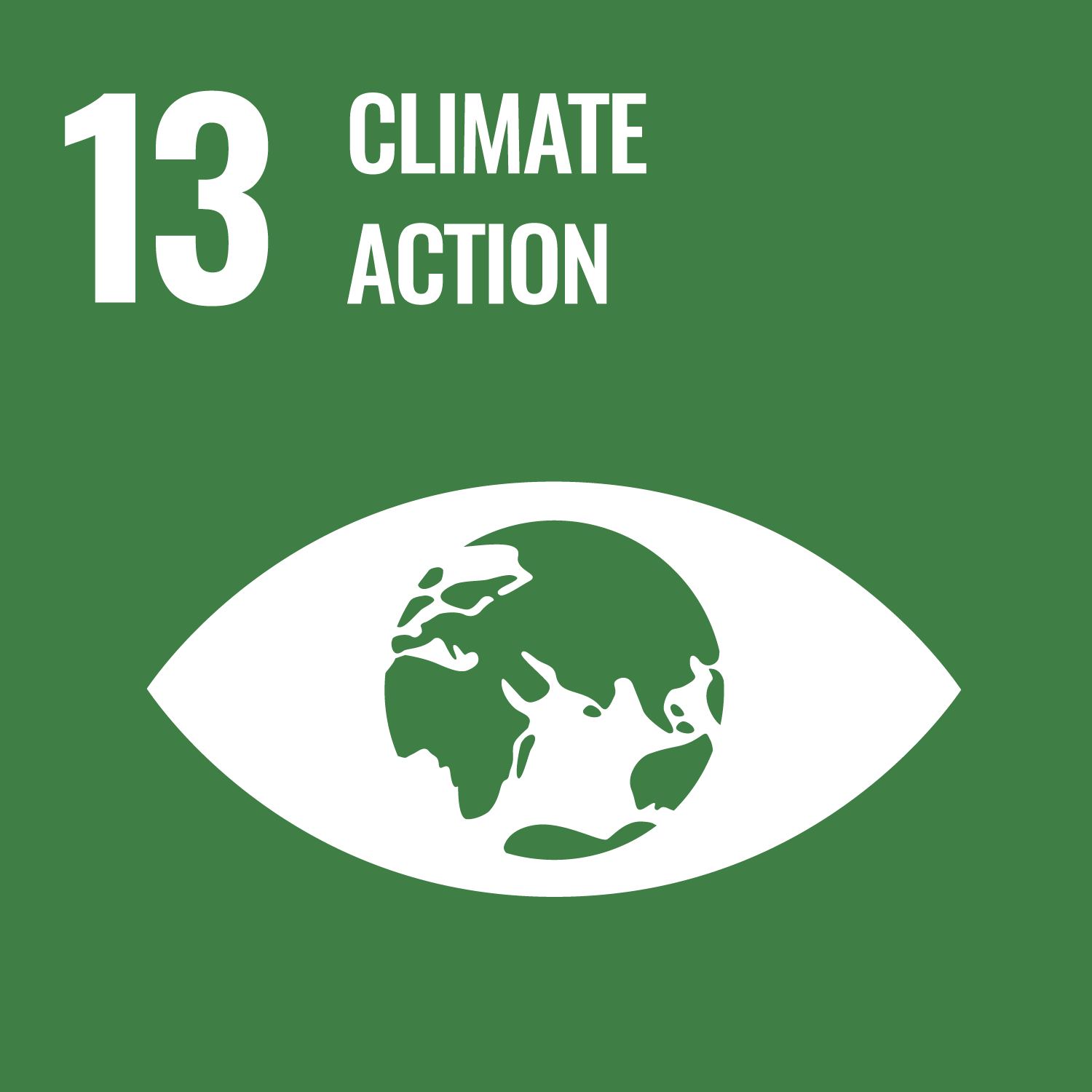ORCID
- A Foggo: 0000-0002-0280-0824
Abstract
The potential contribution of kelp forests to blue carbon sinks is currently of great interest but interspecific variance has received no attention. In the temperate Northeast Atlantic, kelp forest composition is changing due to climate-driven poleward range shifts of cold temperate Laminaria digitata and L. hyperborea and warm temperate L. ochroleuca. To understand how this might affect the carbon sequestration potential of this ecosystem, we quantified interspecific differences in carbon export and decomposition alongside changes in detrital photosynthesis and biochemistry. We found that while warm temperate kelp exports up to 71% more carbon per plant, it decomposes up to 155% faster than its boreal congeners. Elemental stoichiometry and polyphenolic content cannot fully explain faster carbon turnover, which may be attributable to contrasting tissue toughness or unknown biochemical and structural defences. Faster decomposition causes the detrital photosynthetic apparatus of L. ochroleuca to be overwhelmed 20 d after export and lose integrity after 36 d, while detritus of cold temperate species maintains carbon assimilation. Depending on the photoenvironment, detrital photosynthesis could further exacerbate interspecific differences in decomposition via a potential positive feedback loop. Through compositional change such as the predicted prevalence of L. ochroleuca, ocean warming may therefore reduce the carbon sequestration potential of such temperate marine forests.
DOI Link
Publication Date
2022-06-13
Publication Title
Global Change Biology
ISSN
1354-1013
Acceptance Date
2022-06-05
Deposit Date
2022-06-17
Embargo Period
2022-12-01
Recommended Citation
Wright, L., Pessarrodona, A., & Foggo, A. (2022) 'Climate‐driven shifts in kelp forest composition reduce carbon sequestration potential', Global Change Biology, . Available at: 10.1111/gcb.16299


